
Rav Nachman bar Yitzchak, Name-Giver?
Last week’s column (“Plain Rav Nachman,” December 5, 2024) presented several opinions as to plain Rav Nachman’s identity. Tosafot argue (A), that he was third-generation

Last week’s column (“Plain Rav Nachman,” December 5, 2024) presented several opinions as to plain Rav Nachman’s identity. Tosafot argue (A), that he was third-generation
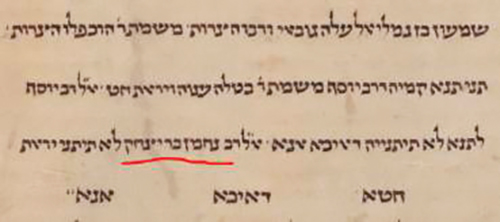
In Bava Batra 152a, Rav Nachman bar Yitzchak sat before Rava, and Rava was sitting before his teacher Rav Nachman (bar Yaakov), whereupon Rava asked
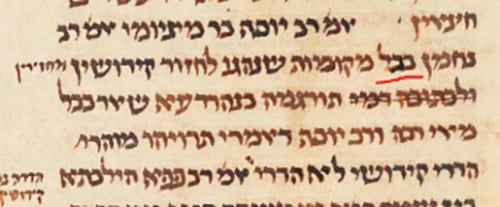
In Bava Batra 145a, Rav Yosef bar Minyumi quotes Rav Nachman (bar Yaakov). Minyumi is the same as Binyamin. /b/ and /m/ are from the
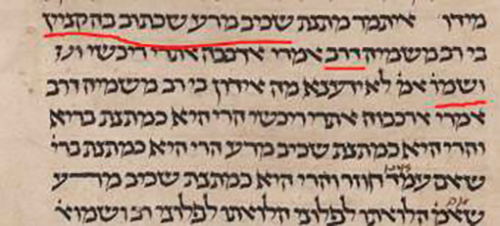
My focus in this column will be about that famous Amora, Rabbi Mana, who was the brother of second-generation Rav Huna, and how this relates
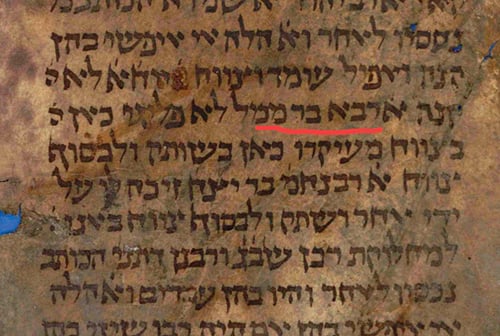
What does the phrase וְהָוֵינַן בַּה— “and we discussed it”— truly mean? It appears in Bava Batra 138. My usual approach is that the phrase
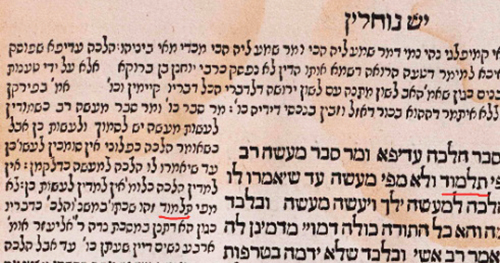
A baraita on Bava Batra 130b seems to declare that we don’t rule from a straight reading of the Gemara. Thus: תָּנוּ רַבָּנַן: אֵין לְמֵדִין
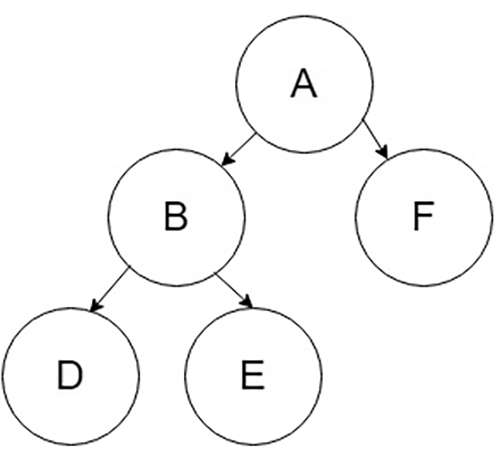
On Bava Metzia 116, Rami bar Chama poses two questions. The Mishna had stated a kelal, a general rule, that (i) when someone has higher
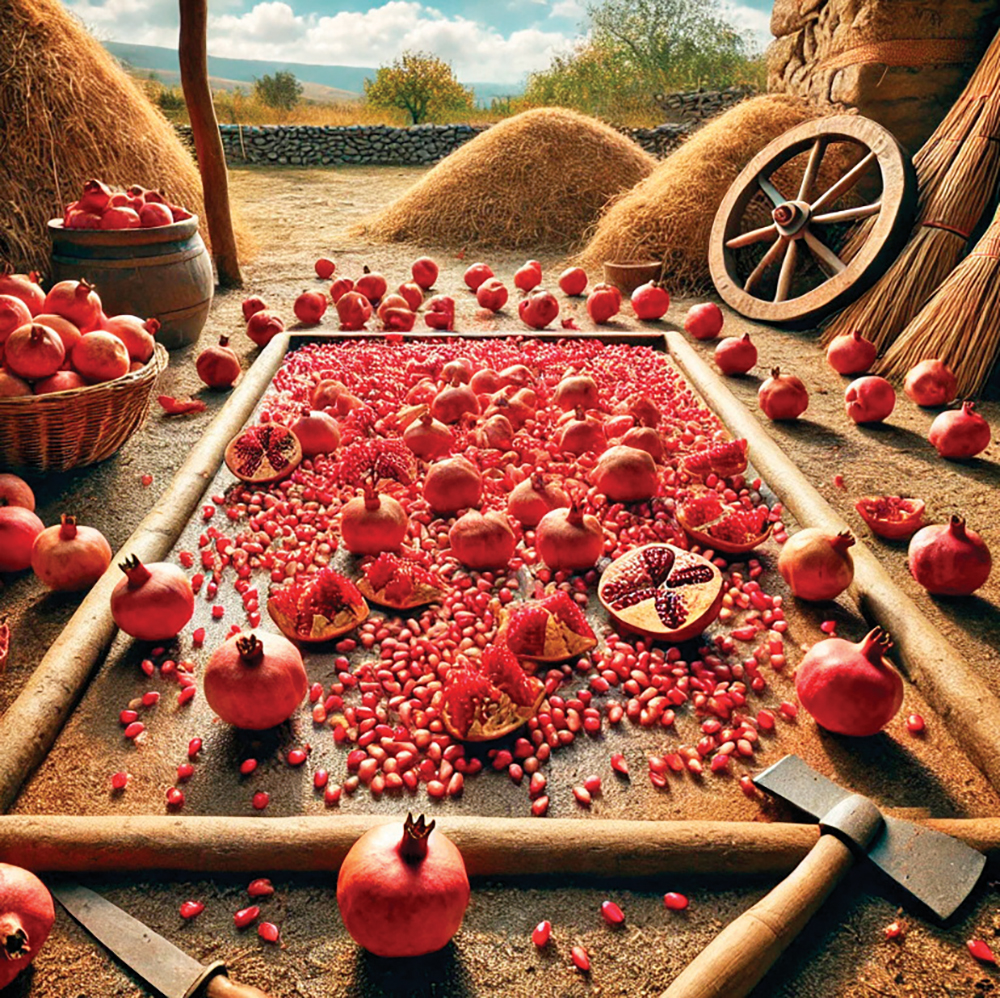
While reading Bava Batra 103a, I noticed that the sugya discussed densities and the kav measure; how much someone would willingly forgo; comments by specific

I sold you a barrel of wine and it subsequently turned to vinegar. Who bears financial responsibility? Rav says that if it turned during the

In Bava Batra 90b, fourth-generation Rav Pappa bar Shmuel instituted a measure of three kefiza. His rabbinic colleagues object to him saying that this conflicts

In Bava Batra 83a, Rabbi Yirmeya raises two dilemmas. Shmuel had earlier specified a distance between a set of three trees to be considered one
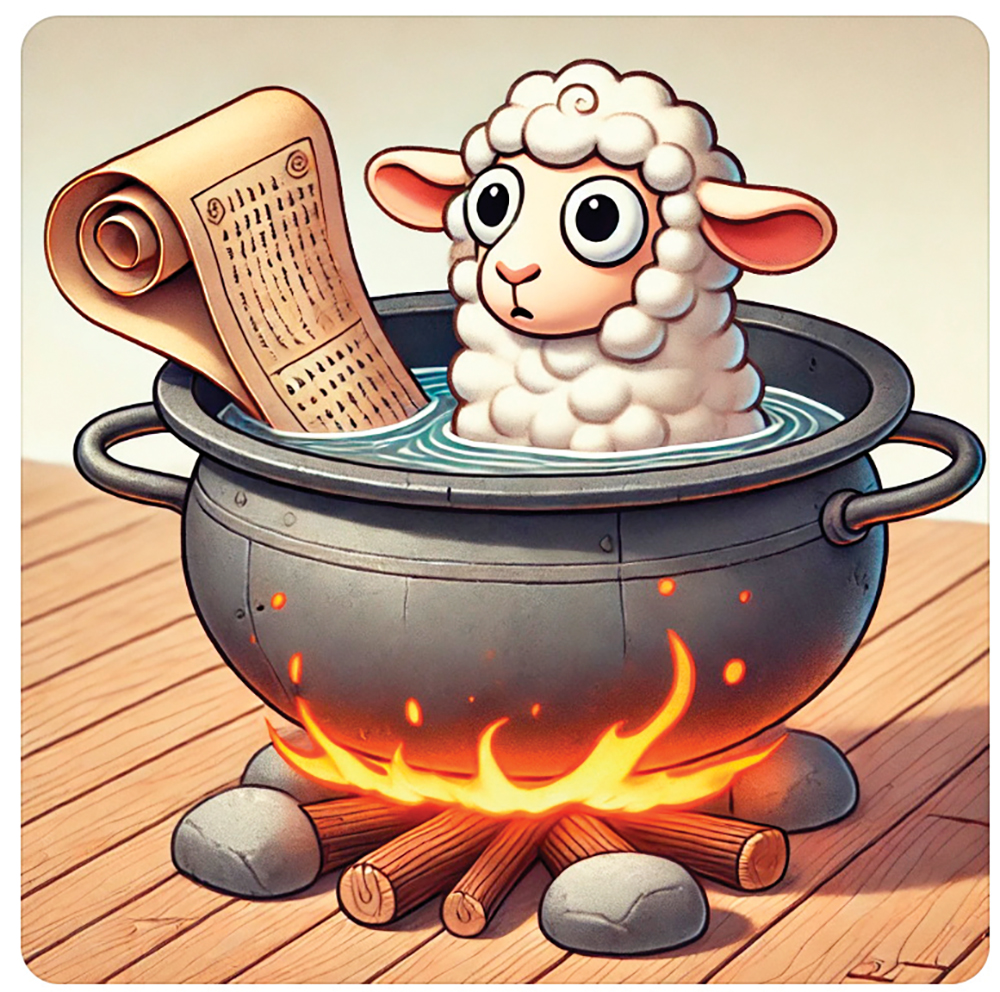
In Bava Batra 75a, Rabba thrice quotes Rabbi Yochanan about messianic times —- Hashem making a meal for the righteous from the Leviathan’s flesh; a